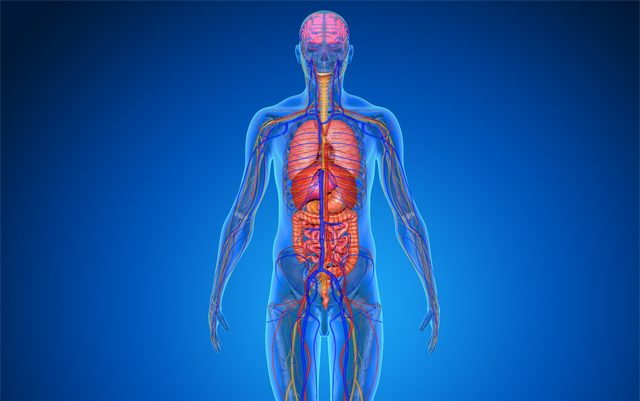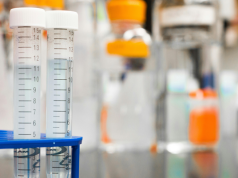As cannabis slowly but surely becomes more accepted as legitimate medicine, medical professionals have become more interested in researching the endocannabinoid system and how it relates to pharmacology, neurology, and pain management.
While most everyone knows that the endocannabinoid system (ECS) is impacted by cannabis consumption, some might not know that other foods and substances can impact the ECS as well. In short, the ECS is a group of endogenous cannabinoid receptors located in the mammalian brain and throughout the central and peripheral nervous systems. Including experiencing the effect of cannabis, the ECS is involved in several physiological processes such as appetite, pain sensation and mood. The ECS is essentially a vast signaling network found in all vertebrates that regulates physiological processes.
Researchers have found that endocannabinoid deficiency could be one of the causes of conditions like chronic migraines, fibromyalgia, irritable bowel syndrome, phantom limb pain, glaucoma, PTSD, and bipolar disorder. Many medical professionals believe that cannabis can treat endocannabinoid deficiency, which could eventually deal a huge blow to the deeply entrenched pharmaceutical industry.
But what about patients suffering from endocannabinoid deficiency related diseases that don’t want to use cannabis?
As plant-based medicines and diets become more popular, people are rediscovering what humans have known for centuries – that some foods can help heal your body. The cannabinoid CBD1 is the one that most people will be interested in. The common carrot contains a substance in it called falcarinol, which seems to have an antagonistic effect on the CB1 receptor. While most CB1 antagonists would reduce hunger, carrots don’t seem to decrease anyone’s appetite, and obviously, no one is getting high from carrots. But the fact that a common carrot does impact CB1 receptors is interesting and should be explored along with other foods that affect the ECS.
A plant that may stimulate the CB1 receptor is kava, which is made from the roots of a plant that comes from the South Seas. Kava is usually made into teas and tinctures that don’t taste very good. Some people claim kava has a relaxing, anti-anxiety effect on their bodies.
Just like with carrots and other foods that stimulate the ECS, kava’s impact on CB1 is a recent discovery and needs to be examined more thoroughly. Let us continue to fight for the rescheduling of cannabis so ECS studies and other much needed studies can be done on this plant medicine.
We love discussing the science of medical cannabis, but we are not doctors giving any kind of medical advice. Please understand this article is intended for educational and discussion purposes only.







Kava is currently my favorite plant.